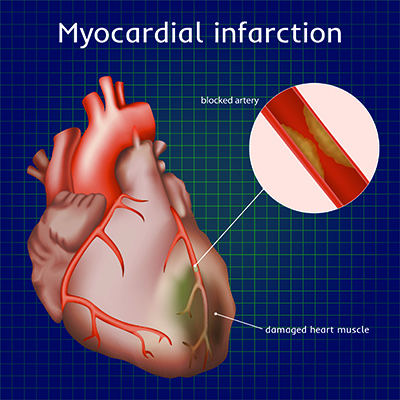USF Health’s Hua Pan, PhD, MBA, won first place for her moderated poster presentation titled “Anti-thrombin nanoparticles limit ischemia-reperfusion injury and no-reflow in myocardial infarction” on Sept. 2 at the annual European Society of Cardiology Congress in Paris. The Congress draws some 35,000 scientists from more than 100 countries over five days.
As part of the highly competitive presentation moderated by two chairpersons, Dr. Pan, a biomedical engineer and assistant professor of cardiovascular sciences at the USF Health Morsani College of Medicine, was required to present a 5-minute talk on the research poster in front of a group of audiences. Her prize – free registration at next year’s Congress – was awarded for the poster session covering innovations in cardiac magnetic resonance Imaging.
Dr. Pan and colleagues at the USF Health Heart Institute developed antithrombosis perfluorocarbon nanoparticles, which act as “smart Band-Aids” to find and stay only at the injured area in the heart to deliver treatment. These nanoparticles were evaluated in a rat model for heart attack and their treatment effect was visualized by MRI. The study showed that the treatment limited further vascular damage from ischemia-reperfusion injury (IRI), a common complication following acute treatment of heart attacks.
Ironically, when blood flow is restored to the region of the heart injured by a blood clot that blocks the coronary artery, this blood reflow can expand injury to tissue surrounding the initial heart attack and lead to congestive heart failure. In explaining IRI, Dr. Pan compares an obstructed blood vessel to a clogged water pipe, already weakened by prior damage, which may leak once the pipe is unclogged and water (blood) flows freely again.
“The antithrombin nanoparticles we developed acted locally to preserve the blood vessels (pipes) in the heart, so that the restored blood reached areas where the treatment was needed, without leaking into areas where it could cause more harm,” Dr. Pan said. The precision nanoparticle treatment calmed unnecessary inflammation as well as inhibiting the thrombin from forming more blood clots leading to blood vessel obstructions in the heart, she added. It did so without causing the bleeding risk associated with existing anticoagulant drugs.
Because the antithrombin nanoparticles “do not prolong bleeding times or coagulation parameters beyond approximately 30 to 60 minutes after injection, yet maintain prolonged surveillance against activated thrombin locally in the injured area, they represent a potentially useful therapy for cardiac IRI,” Dr. Pan and her poster co-authors concluded.


